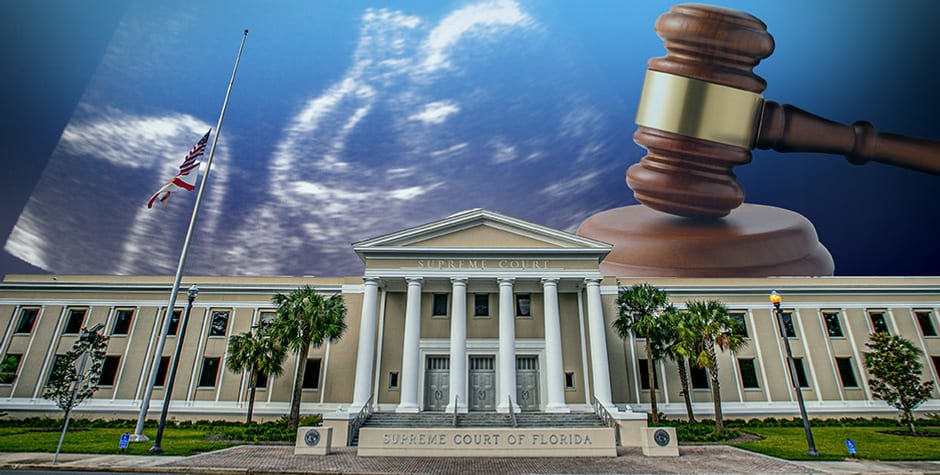Florida Supreme Court Ruling Upholds 15-Week Abortion Restriction and Allows 6-Week Law To Go Into Effect
In a victory for life, the Florida Supreme Court upheld a state ban on abortions after 15 weeks of gestation. The Florida Supreme Court, in reaching this decision, had to reach a conclusion similar to that of the U.S. Supreme Court in Dobbs—namely, that there is no right to abortion contained within the state constitution’s Privacy Clause.
As we stated in the amicus brief that we filed in this case:
When it interpreted Florida’s Privacy Clause, which does not address abortion, this Court built its abortion case law . . . on the abortion precedents of the United States Supreme Court. This Court adopted the end of the first trimester as the point when the State’s interest in maternal health becomes compelling . . . and adopted the concept that a State’s interest in the fetus becomes compelling upon viability, that is, upon completion of the second trimester. . . . [However,] Roe and its progeny are no longer valid as a result of Dobbs v. Jackson Women’s Health Org. . . . This Court should overrule its abortion case law, which is based on erroneous legal analysis and is unsound in principle. . . . Moreover, this Court should uphold [the 15-week ban]. The State has a compelling interest in protecting fetal life . . . .
And the court agreed with us. In its opinion, the court states:
Our analysis focuses on the Privacy Clause’s text, its context, and the historical evidence surrounding its adoption. After considering each of these sources and consistent with longstanding principles of judicial deference to legislative enactments, we conclude there is no basis under the Privacy Clause to invalidate the statute. In doing so, we receded from our prior decisions in which—relying on reasoning the U.S. Supreme Court has rejected—we held the Privacy Clause guaranteed the right to receive an abortion through the end of the second trimester.
For this reason, the court upheld the 15-week abortion ban. Notably, the Florida Supreme Court also addressed Planned Parenthood’s argument that, in sum, even if abortion is not protected directly by the state constitution, reliance on the prior interpretation of the constitution should prevent the court from receding from the prior bad precedent. In other words, people need to be able to rely on their ability to get an abortion because they have been able to do so for so long. The court rightly shut this argument down, quoting the U.S. Supreme Court and stating:
“[T]raditional reliance interests arise ‘where advance planning of great precision is most obviously a necessity.’” Dobbs, 597 U.S. at 287 (first quoting Casey, 505 U.S. at 856 (joint opinion); and then citing Payne v. Tennessee, 501 U.S. 808, 828 (1991)). The Court went on to state that “those traditional reliance interests [a]re not implicated because getting an abortion is generally ‘unplanned activity,’ and ‘reproductive planning could take virtually immediate account of any sudden restoration of state authority to ban abortions.’” Id. at 288 (quoting Casey, 505 U.S. at 856).
In this summation of the reliance argument advanced by Planned Parenthood, the Florida Supreme Court subtly points out that abortion is not just another form of birth control, and yet that is how it has been used. The court points out that people generally can prevent a situation from arising where they would “need” an abortion.
Now that the court has ruled on the 15-week ban and found that the Privacy Clause of the state constitution does not render it unconstitutional, it will remain in effect, as will the 6-week abortion ban that Governor DeSantis signed into law last year.
While this decision is a great victory for life, it also comes with more challenges. A ballot initiative in Florida is proceeding that seeks to enshrine a right to abortion in the state constitution. After the great advances that have been made for life, we cannot back down from the fight now. We must continue to make advancements for life and to defeat these state ballot initiatives that are threatening to undermine all that we have achieved to protect the most vulnerable and innocent of all—preborn children.

